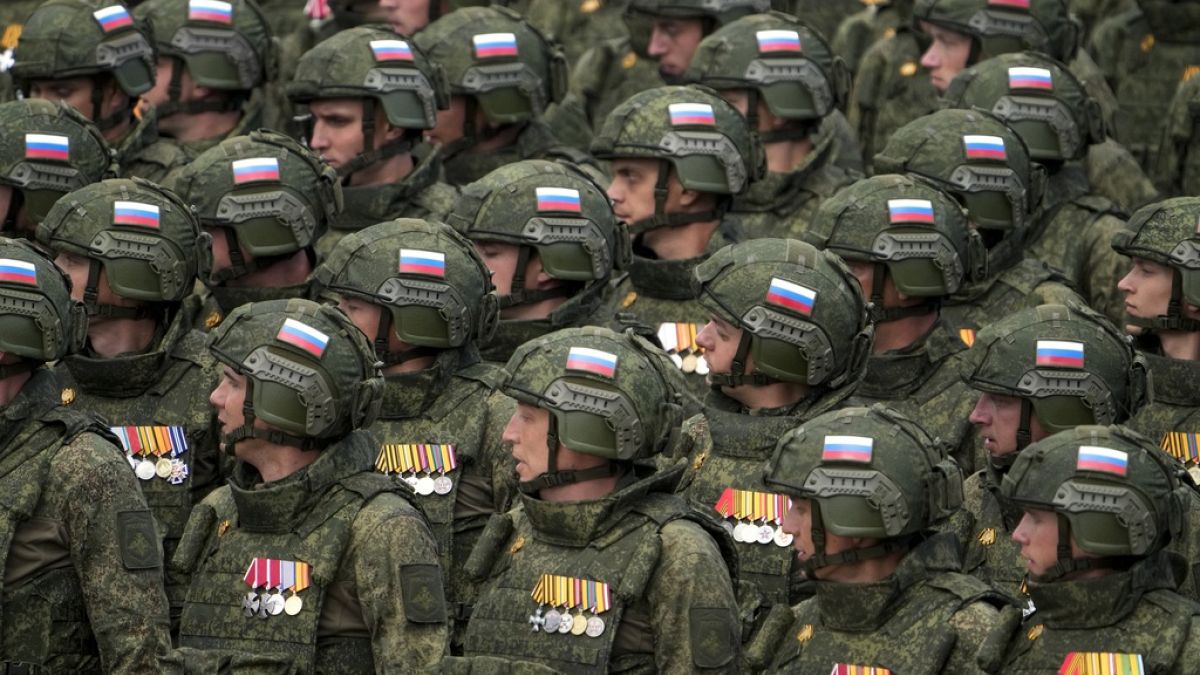Moscow vowed to respond to what it called confrontational actions by Lithuania, Latvia and Estonia with asymmetric measures.
Russia has blamed the "hostility" of Baltic states for them severing most of their ties with the country.
"Because of the openly hostile line of Vilnius, Riga and Tallinn, all interstate, interdepartmental, regional and sectoral ties with Russia have been severed," said Russian foreign ministry spokeswoman Maria Zakharov on Sunday.
She warned Moscow would respond with asymmetric measures, though did not specify exactly what the Baltics had supposedly done.
"We will also respond to the hostile actions of the Baltic states with asymmetrical measures, primarily in the economic and transit spheres," Zakharov detailed.
Russia's 2022 full-scale invasion of Ukraine has sent tensions in the Baltics and the surrounding region skyrocketing.
The three small states on the EU's eastern frontier were occupied by the USSR until it collapsed in 1991. They now fear a revisionist Kremlin could threaten their own security and independence.
Ex-Russian prime minister Dmitry Medvedev claimed last year the Baltic countries belong to Russia, saying they had "soiled themselves" over Moscow's invasion of Ukraine.
Tallinn and Vilnius last week accused Russia of interfering with air traffic navigation in the region.
NATO on Thursday sounded the alarm over Moscow's "hybrid" warfare in the region and wider Europe.
It pointed to an "intensifying campaign" of "disinformation, sabotage, acts of violence, cyber and electronic interference... and other hybrid operations" against members of the 32-state military alliance.
Estonia's foreign minister Margus Tsahkna exclusively told Euronews in September that he was "concerned" about possible hybrid attacks from Russia.
Russia in February put Estonian prime minister Kaja Kallas, Lithuania's culture minister and members of the previous Latvian parliament on a wanted list for taking down Soviet-era monuments in their countries.
Supports of the moves say they are a painful reminder of Soviet occupation and should be taken away to show solidarity with Kyiv amid Russia's war in Ukraine.
Critics say they hand Moscow a propaganda victory.


